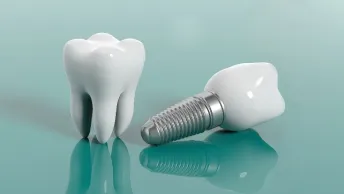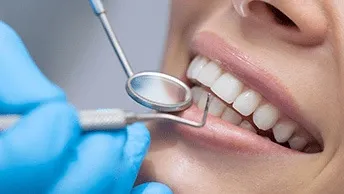Diving into the World of Dental Implants: Understanding Benefits and Costs
Dental implants offer a permanent, natural-looking solution for missing teeth. They function and feel much like your own teeth, restoring both aesthetics and functionality to your smile. However, understanding the costs associated with dental implants is crucial before embarking on this journey.
What are Dental Implants?
Dental implants are small, biocompatible titanium screws surgically placed in your jawbone to act as artificial tooth roots. Once they fuse with the bone, a customized crown is attached, creating a strong, stable replacement for your missing tooth.
Benefits of Dental Implants:
Natural appearance and feel: They mimic real teeth in both look and function, boosting your confidence and comfort.
Improved oral health: Implants prevent bone loss caused by missing teeth and preserve the health of neighboring teeth.
Durability and longevity: With proper care, dental implants can last a lifetime, unlike dentures that require regular replacements.
Enhanced speech and eating: Implants restore your ability to eat and speak confidently without the concerns of dentures slipping or dislodging.
Understanding the Costs:
The cost of dental implants can vary significantly depending on several factors:
Number of implants: Replacing a single tooth is cheaper than implant-supported full dentures.
Materials used: Titanium implants are more durable and expensive than zirconia, for example.
Complexity of the procedure: Bone grafting or sinus lifts required in some cases add significantly to the cost.
Dentist's expertise and location: Renowned specialists in urban areas often charge more.
Dental insurance coverage: Some plans offer partial coverage for implants, reducing out-of-pocket costs.
Cost Range:
Single tooth implant (including abutment and crown): $3,000 to $5,000 (average)
Full-mouth implants (individual): $60,000 to $90,000
Full-mouth implants (supported dentures): $24,000 to $50,000
Additional Cost Considerations:
Treatment plan fees: Consultation, X-rays, and other preparatory procedures can add to the overall cost.
Post-operative care: Medications and hygiene products may add additional expenses.
Navigating Affordability:
Explore alternative options: Implant-supported dentures are cheaper than individual implants for full-mouth cases.
Seek out affordable providers: Dental schools, community health centers, and rural areas often offer lower costs.
Negotiate and compare prices: Get quotes from multiple dentists and discuss payment options.
Financing plans: Many dentists offer financing options to manage the cost.
Prioritizing Quality:
Choose a qualified dentist with extensive experience in implant procedures, even if it costs slightly more.
Consider the long-term cost-effectiveness: Quality implants might last longer and require less maintenance, saving you money in the long run.
Consult a Dentist:
Ultimately, the best way to determine your specific implant costs and assess affordability is to consult with a qualified dentist. They can create a personalized treatment plan and discuss financial options based on your needs and budget.
By understanding the benefits, costs, and available options, you can make informed decisions about dental implants and achieve a confident, healthy smile.



